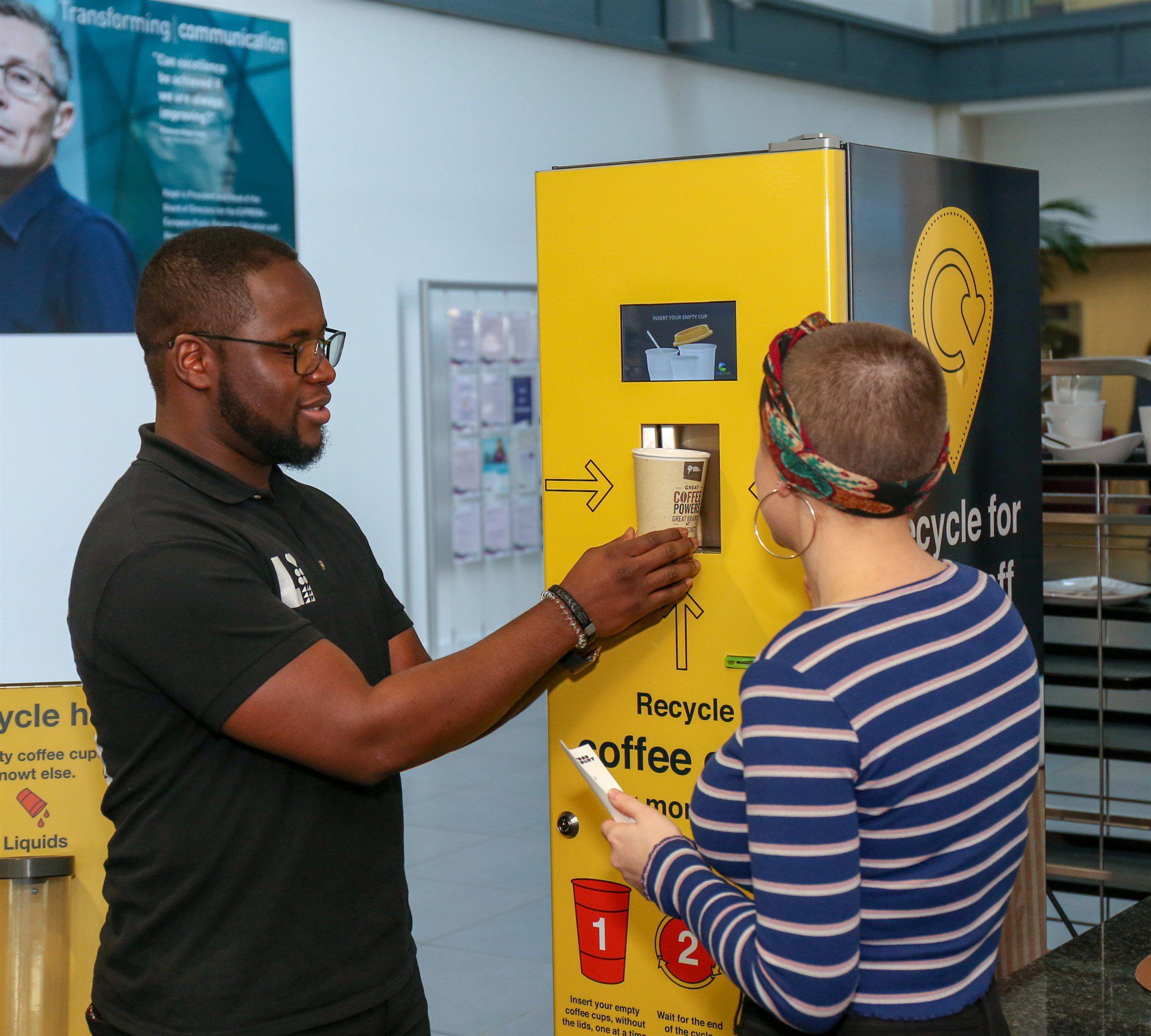The Gryphon discusses the work of Hubbub and Zero Waste Leeds in their efforts to Leedsbyexample….
‘Single-use plastic’, ‘sustainable fashion’ and ‘zero waste’ are buzzwords that are frequently used in today’s headlines, Twitter and pretty much every media outlet there. Undoubtedly, there is an environmental problem that we need to address and Leeds is becoming a pioneering example of a zero waste city. Initiatives such as Hubbub, the environmental charity, are partnering with Leeds Zero Waste to deliver important messages concerning what can be recycled and where. Ultimately, they working to give the public simple answers to a problem where scientific jargon can often lead to a disinterested attitude.
Before Christmas, Hubbub hosted a living less with plastic workshop where bloggers and community representatives discussed the impacts of plastic on the environment and what Leeds can do to add to the ongoing efforts.
So what is going on in our city? The trending hashtag ‘Leedsbyexample’ is a successful campaign for recycling on the go. The brightly coloured and extremely friendly looking bins, which many of you may have seen, have been placed in shopping centres, in universities and on the streets. They have even introduced recycle reward machines which distribute a voucher or bubbles for every piece of recycled rubbish. In addition, in the run-up to Christmas, for each piece recycled, 10p was donated to a homeless charity.
These charities are trying to work with local businesses and the public sector in Leeds to create a movement of knowledge, personal choice and conscious action. Recently, recycling levels have averaged out and it is up to Leeds to pick it up and make the most of the fantastic options available. Clothes swaps at LUU and the re-use shop in Kirstall are just two examples of the choices anyone can make to easily have a positive impact.
As students, some of the sustainable options can easily be dismissed as too expensive, too much effort or not convenient. However, that is not always the case as everyone can brush up on their knowledge of what should be going in their recycling bin and make simple swaps. It is as easy as switching to a re-useable water bottle or non-silicone shampoos. Let’s be honest, the chance to exchange your old clothes for new ones and for free would save every student some much-needed money and would help the environment in the process. It is not a compromise, it is improving your lifestyle.
Regarding the UK as a whole, we have a rapidly mounting waste problem. We used to ship all of our low-grade plastic to China but as of last year, China put in legislation to block this from continuing. To put this in perspective, since 2012, we shipped 2.7m tonnes of plastic to China and Hong Kong. The amount of plastic we are using is clearly continuing yet now, we tackle an issue of another dimension: how to dispose of this huge amount of waste.
Plastic is a symbol of our disposable culture that we cannot afford to continue. It is estimated that we have produced 8.3 billion tonnes of plastic and the microplastics literally do not disappear. They are in more than what we think: silicone in shampoo runs right into our water system, teabags are made with plastic, wet wipes and face wipes, even the microfibres from our clothes go straight into the water when washed. New clothes shed more than older clothes – another reason to shop more sustainably. Plastic has successfully infiltrated every aspect of our lives, including our bodies, the full impact of which is yet unknown.
The recurring message of contaminating a recycling bin with something that isn’t recyclable is one that everyone has heard before. However, the issue has to be stressed again because it comes down to financial reasons and therefore it is something that can be changed. For example, Leeds doesn’t recycle yoghurt pots (plastic 5) because there aren’t enough of them to be cost effective. Therefore, it is equally as important to recognise that if too much of the wrong items are in recycling bags, then it won’t be worth it for someone to sort through and recycle the small amount that can actually be recycled. Over the past ten years, Leeds City Council has had its funding dramatically reduced, meaning that is isn’t as simple as just allocating more money to these issues to try and combat them. However, it does represent, as does the whole issue of sustainability, a business opportunity to combat and solve these problems.
Furthermore, Leeds City Council is reviewing its waste strategy this year and it is up to the public community to create the movement and project their voices to be heard on different sustainable strategies – what can you do?

